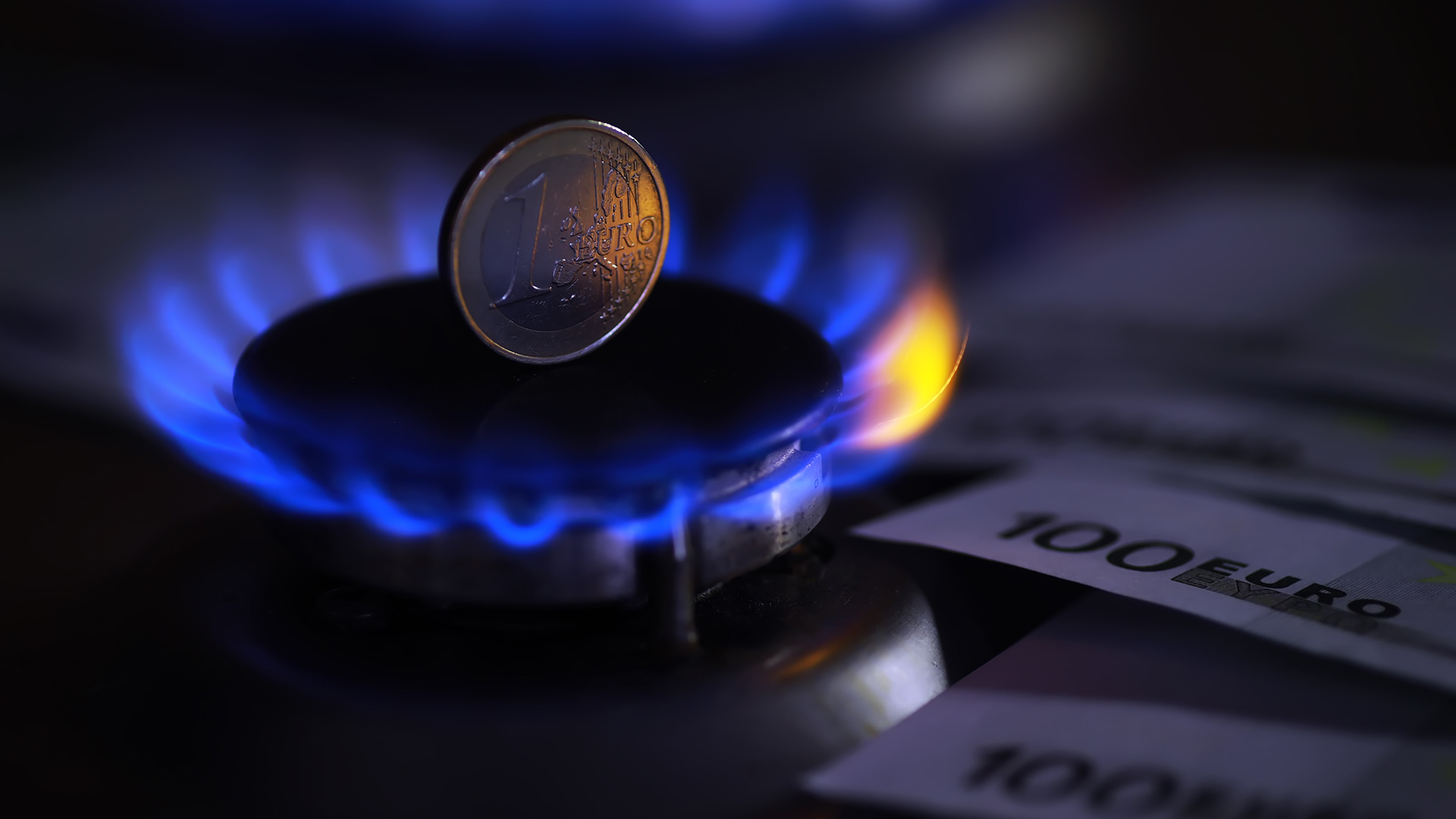With elevated supply costs and potential shortages on the agenda across Europe over the coming months, nothing should be off the table when it comes to energy management.

According to research conducted by the Economist Intelligence Unit, Europe will enter a deep recession as a result of energy shortages and sustained elevated inflation this winter. The effect of soaring prices is being felt most acutely in the UK, where even large companies are struggling to negotiate better deals with their energy suppliers.
Based on movements in forward prices as at August 2022, energy market intelligence provider Cornwall Insight reckons annual contracts can expect their 2023 price to have doubled on 2022, which in turn was double what had been seen during 2020-21. For those companies that negotiated their two-year fixed price contracts in the lockdown summer of 2020, the price increase could be as much as fivefold.
Cornwall Insight recommends that in the short term, companies focus on reducing energy consumption from lighting, heating and air conditioning. Longer term solutions include energy generation and storage, as well as greater uptake of corporate power purchase agreements, which can be below current wholesale market prices.
A corporate power purchase agreement is a specific kind of energy contract, designed for businesses who wish to purchase renewable electricity directly from a specific producer. This provides both the business customer and the producer with flexibility to fix the price paid for that energy for a designated period of time.
McKinsey advocates a systematic approach to energy hedging management based on daily exposure calculations to energy prices, actualised forecasted volumes, and pass-through capacity to clients. It also suggests corporates consider developing on-site generation assets for heat and power – such as biogas combined heat and power plants or small scale photovoltaic solar – which can be operated by third parties if required.
Properly-functioning building energy management systems, better lagging, efficient air conditioning ducts, electrification of former gas equipment, and engaging in retrofitting schemes can all contribute to lower energy prices.
More ‘extreme’ options include exploring the ability to interrupt demand to reduce consumption in high price periods.
Cornwall Insight suggests that for real estate and small and medium sized enterprises which have some credit to draw on, installing energy efficient measures may be the most effective route to reducing exposure to high prices. An energy management plan that monitors how much energy is used in order to work out how much is being wasted should also be implemented.
Demand side management strategies can also significantly lower energy costs, with the adoption of smart technologies that can help to identify and optimise demand side energy consumption patterns.
Alternative approaches to hedging energy prices via contracting terms include ‘stepped’ contracts where the energy price is very high for the first year and then decreases in the second year. This contract format allows suppliers to minimise their exposure risk, especially if business customers fail in the first year, whilst giving businesses the opportunity to benefit from reduced energy costs in the future.
Luke McPake, Director at procurement specialist Consultiv Utilities, refers to an increase in blended approaches where businesses place half their estate on a long-term fixed contract and the other half on a short-term fixed contract. Under this configuration, if prices do come down during the contract window the customer still has a 50% chance to benefit from some of that downturn. According to Consultiv Utilities, swapping out old office appliances or factory equipment for more modern, energy-efficient options is an effective way to cut carbon emissions and reduce bills at the same time. Newer appliances are typically built with energy efficiency in mind and while they represent a significant investment in the short term, they can put a dent in energy bills that in the long run could end up producing substantial savings.